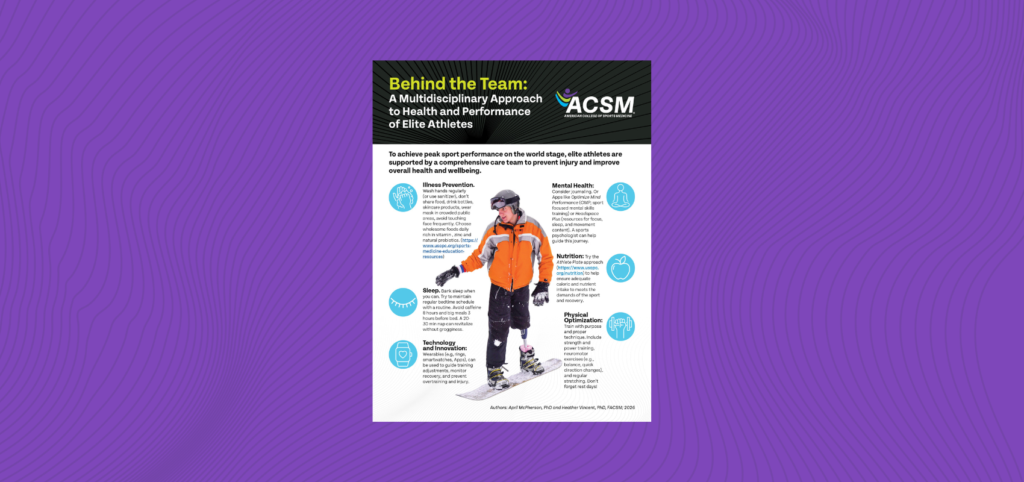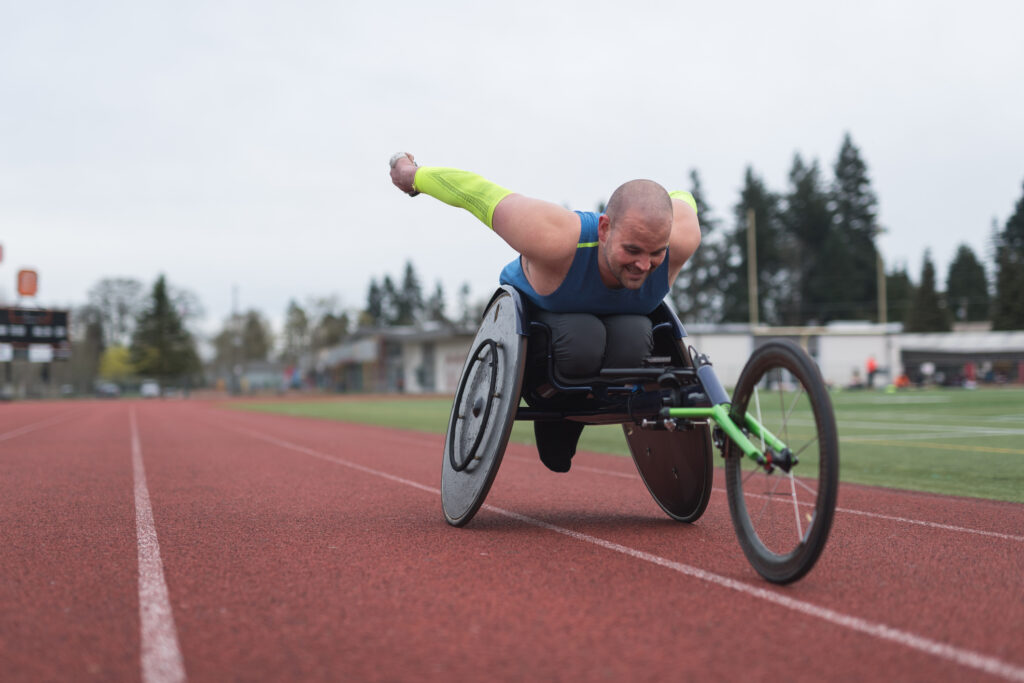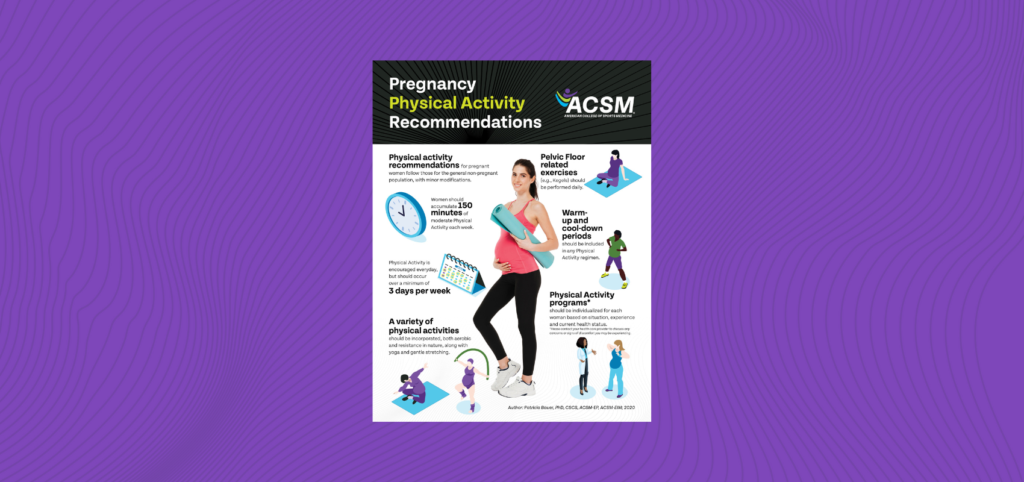Should your clients use energy drinks to improve their exercise performance? The short answer is no. But it’s important to understand why.
Energy drinks, or “EDs,” are fundamentally different from sports drinks (e.g., Gatorade) and traditional beverages like coffee, tea, soft drinks, juices and flavored water. Most contain three major components: high levels of caffeine, sugar and an herbal “energy blend” consisting of taurine, glucuronolactone, guarana, gingko, B vitamins and L-carnitine.
Critically, many people consume multiple ED in one session—and some individuals are more sensitive to caffeine because of their genetics. EDs’ high caffeine content, combined with the fact that many of those who consume them are often caffeine naive—i.e., teenagers and young adults who don’t drink coffee every day—can lead to negative outcomes.
Because of the research my colleagues and I have performed, I don’t recommend people consume energy drinks in general, regardless of whether they’re exercising. EDs are associated with a number of complications, and with respect to the cardiovascular system specifically, ED consumption is associated with increased demand on the heart via increased sympathetic tone, blood pressure, inotropy and arrhythmias. Individuals may also experience reduced coronary artery blood supply via endothelial dysfunction, platelet aggregation, coronary thrombosis and coronary spasm. These factors can lead to acute issues for cardiac patients and healthy people alike.
Such effects are particularly prominent in certain vulnerable populations. Young people, those who are inexperienced with caffeine or particularly sensitive to it, smaller individuals, individuals with underlying cardiovascular or other conditions, pregnant or breastfeeding women, and people who consume multiple energy drinks in one session are all at higher risk for complications.
Children and adolescents appear to be especially vulnerable because they often fall into more than one of the above categories: caffeine naiveite, smaller body size and heavy or frequent ED consumption.
As with many topics, we need to do more research on the effects and safety of EDs in various populations. Though we are aware of many of the acute cardiovascular consequences of consuming EDs, we still have a lot to learn about their chronic cardiovascular consequences.
So, what’s the takeaway?
In general, people with a balanced diet that includes the appropriate macronutrients (proteins, carbohydrates, fats) for their levels of training and recovery shouldn’t need to use EDs to enhance their performance.
For short-duration exercise (< 1 hour), your clients should stick to drinking cool water only. If they are performing endurance exercise for more than an hour, especially if they are sweating a lot, sports drinks may improve their performance. Steer clear of EDs.
Related links:
ACSM statement | Energy Drinks: A Contemporary Issues Paper
Visual Abstract | Individualized Hydration Plans for Endurance Athletes

John P. Higgins, MD, MBA, MPHIL, is a professor of cardiology at McGovern Medical School at The University of Texas Health Science Center at Houston and Senior Cardiologist at Harris Health’s Lyndon B. Johnson Hospital. He is director of Exercise Physiology at Memorial Hermann Ironman Sports Medicine Institute and a sports cardiologist who works with the Houston Rockets and Rice University Athletics. He received his MD from the University of Queensland, Australia; a Master’s in Philosophy from the University of Cambridge; and an MBA from George Washington University. He completed a cardiology fellowship from Brigham and Women’s Hospital-Harvard. His research includes cardiovascular screening of athletes, energy drinks, smartphone apps and activity trackers, and teaching children first-aid. A strong advocate of “exercise as medication,” he is a marathon runner and has co-authored a children’s book on first-aid.



